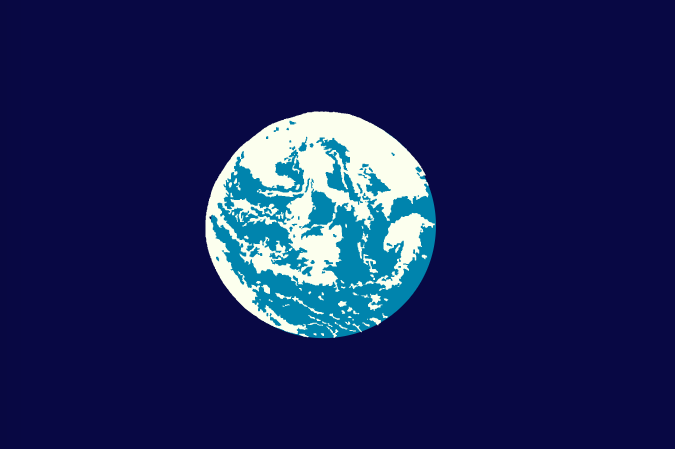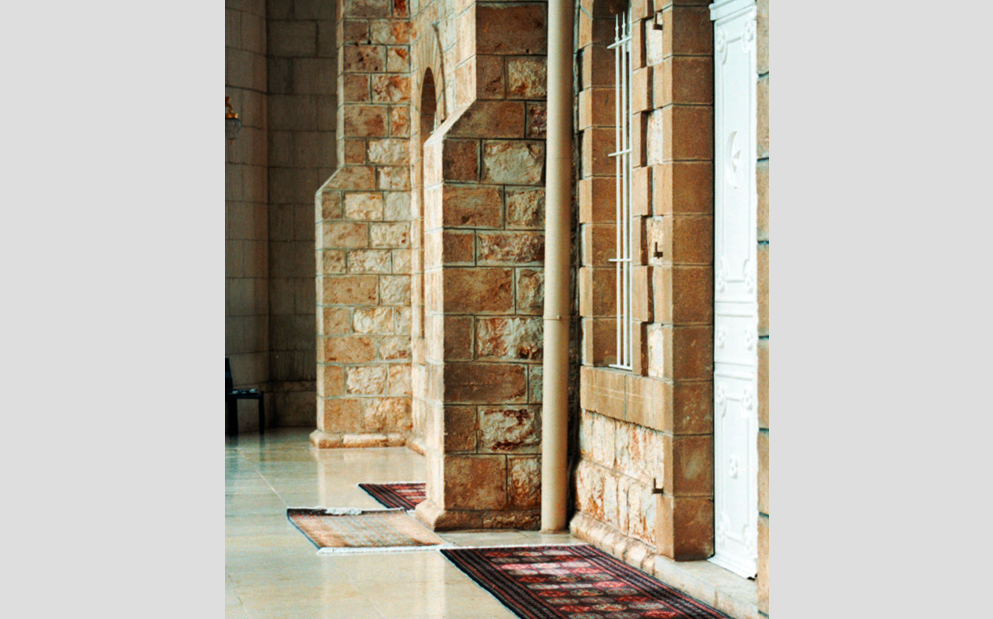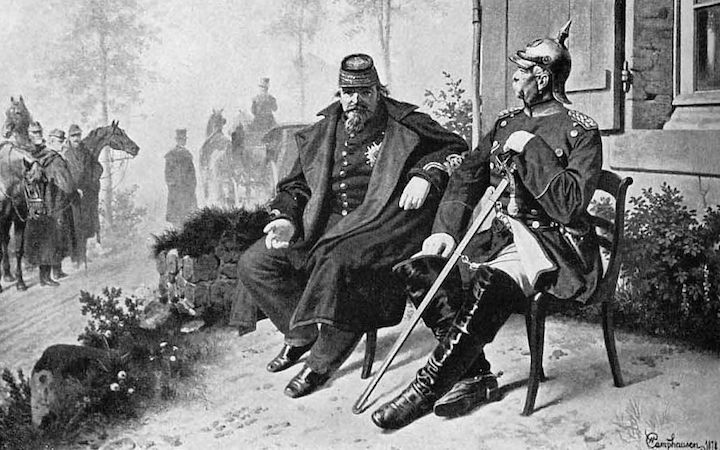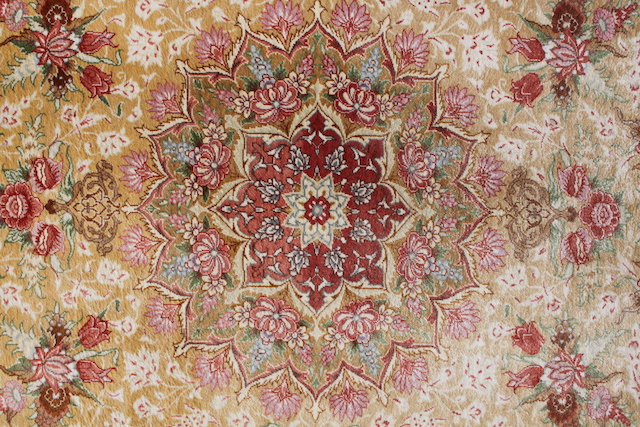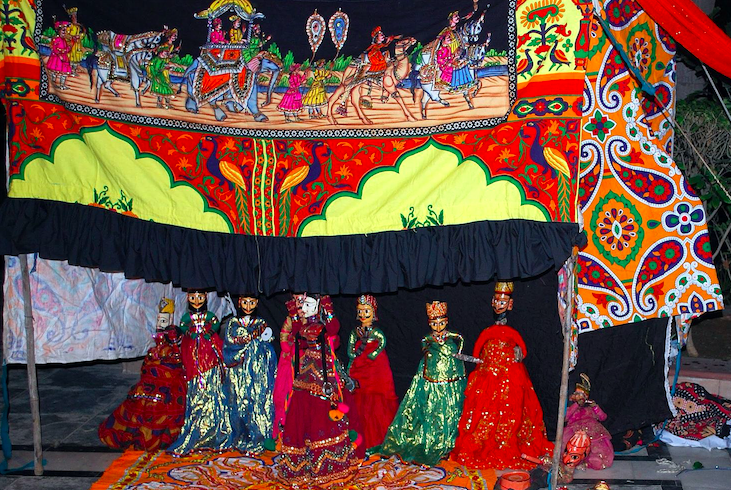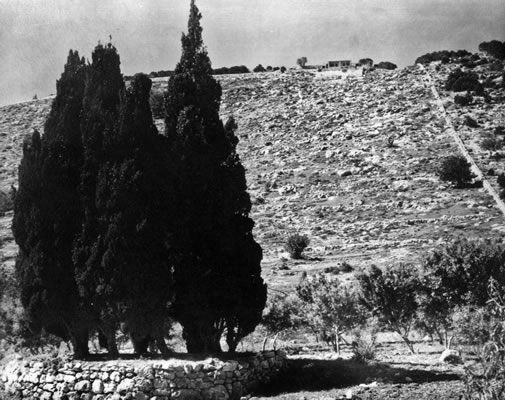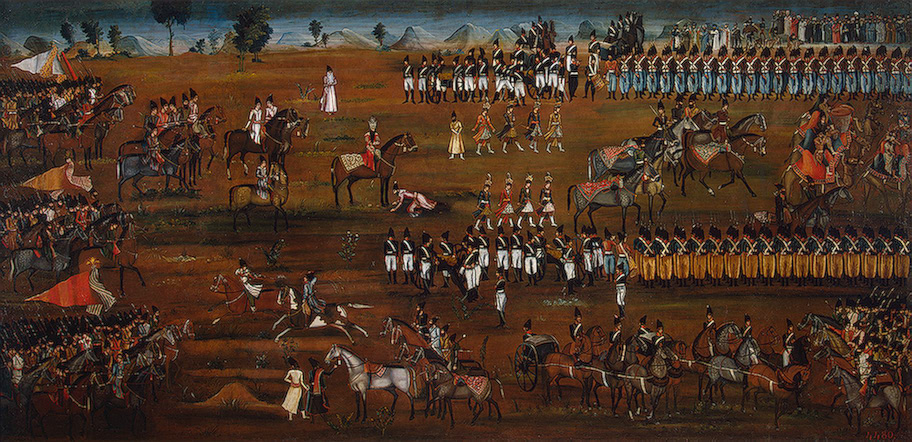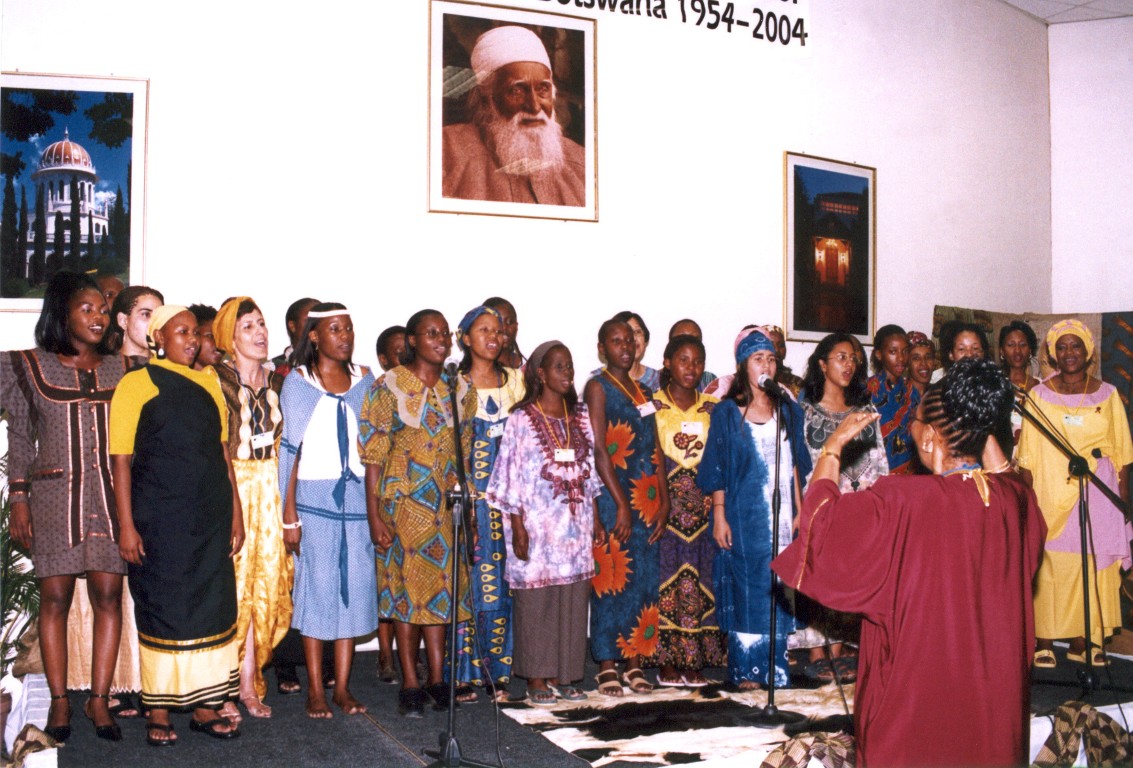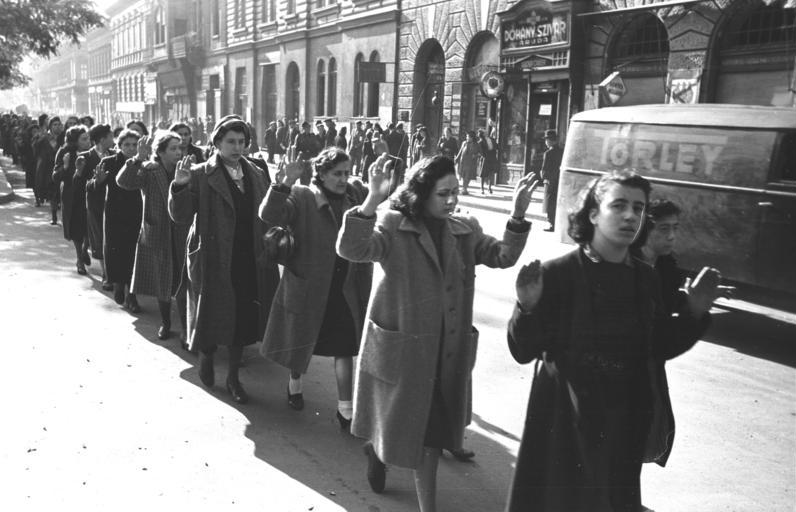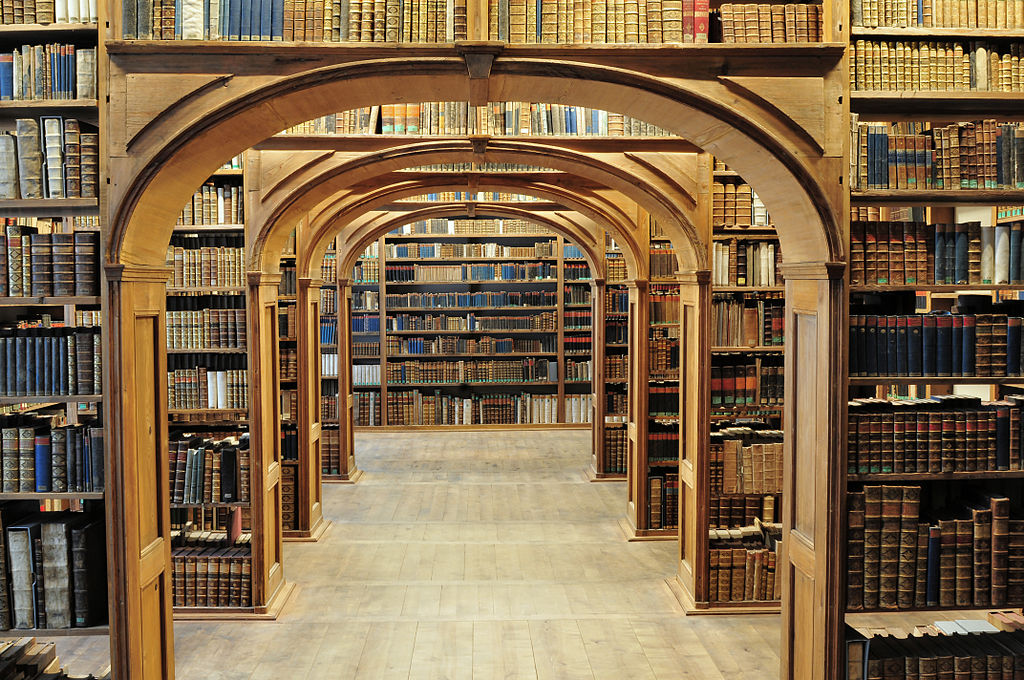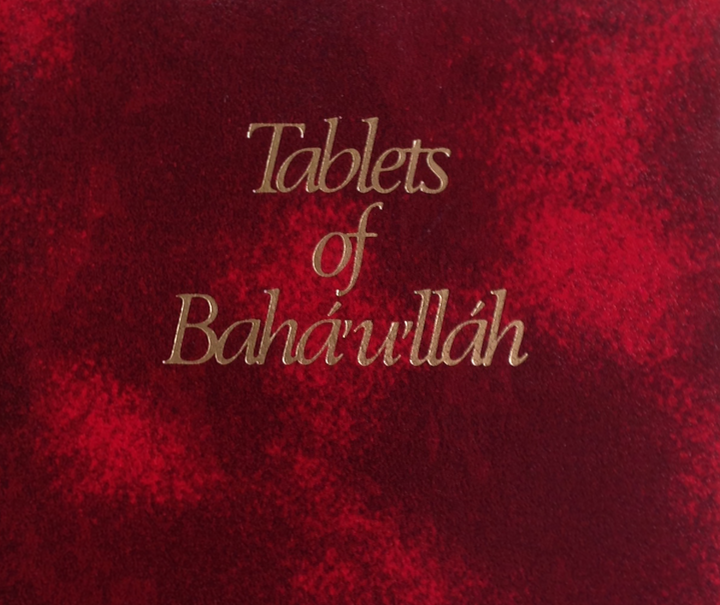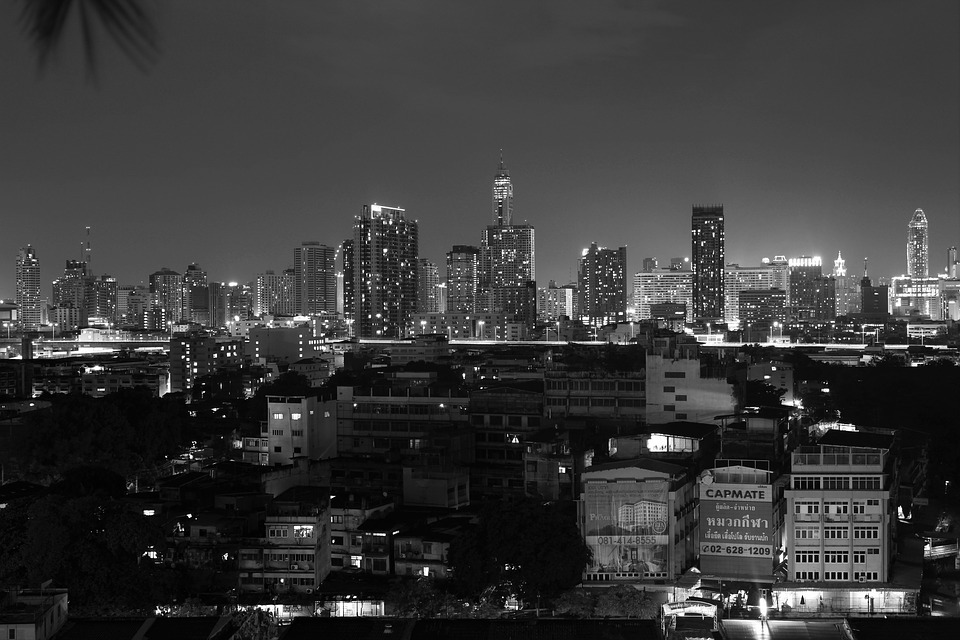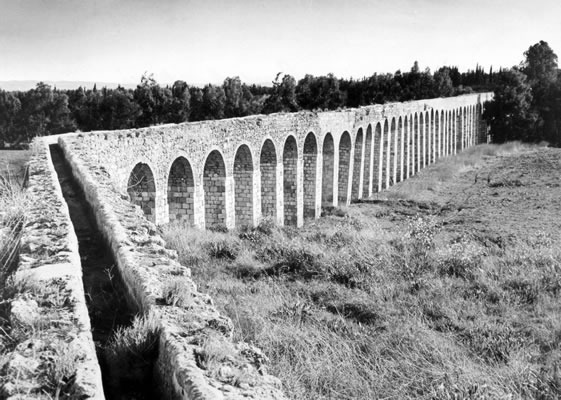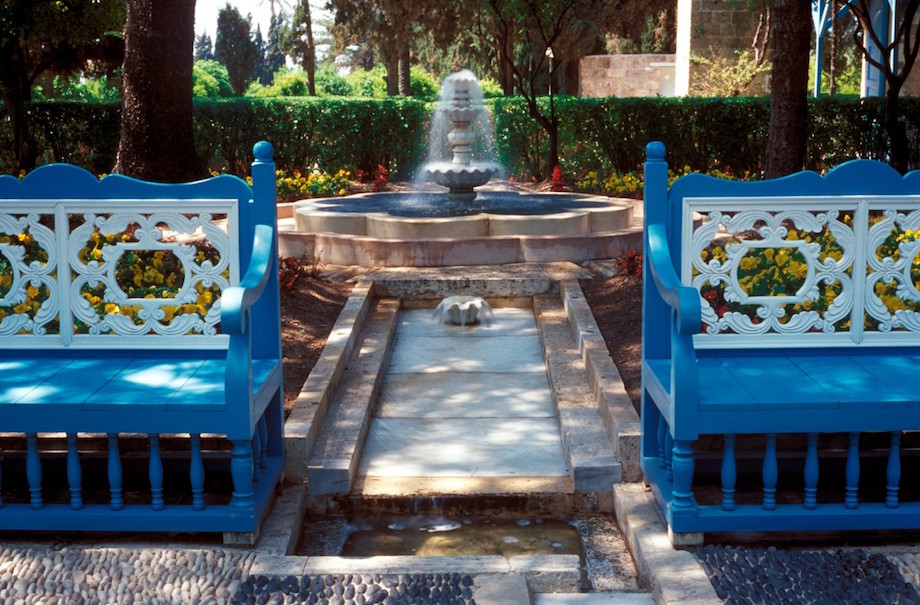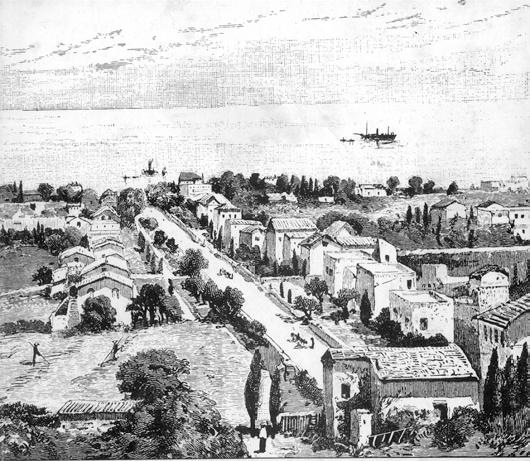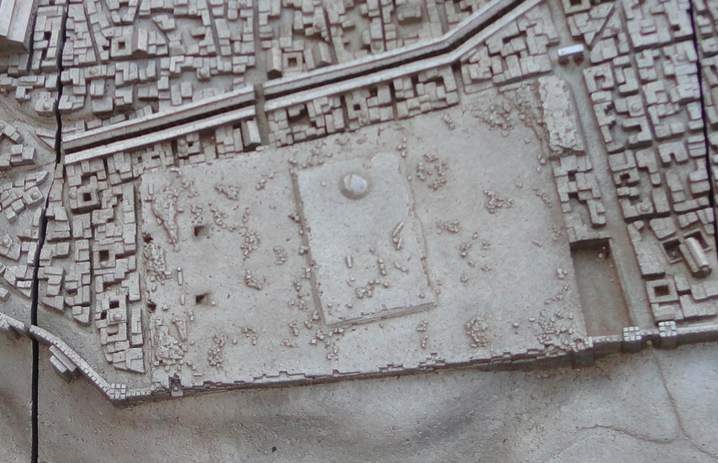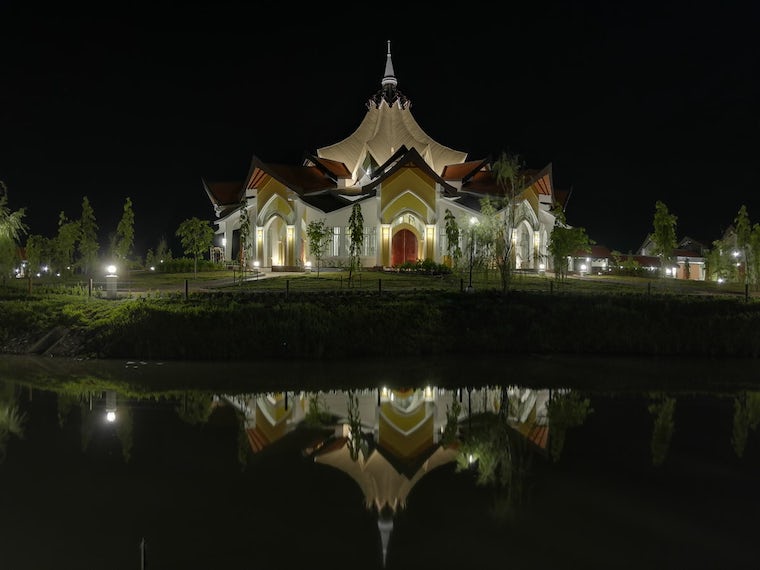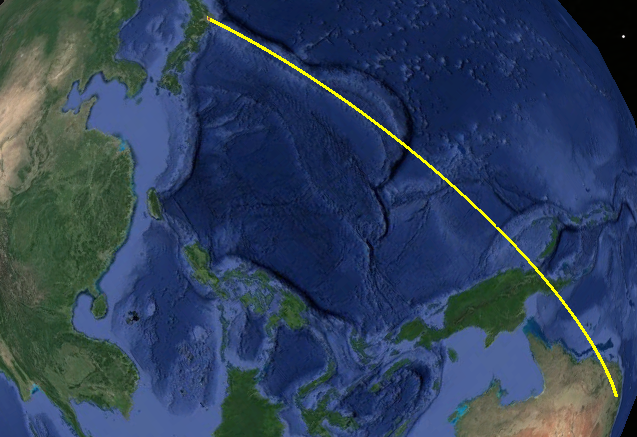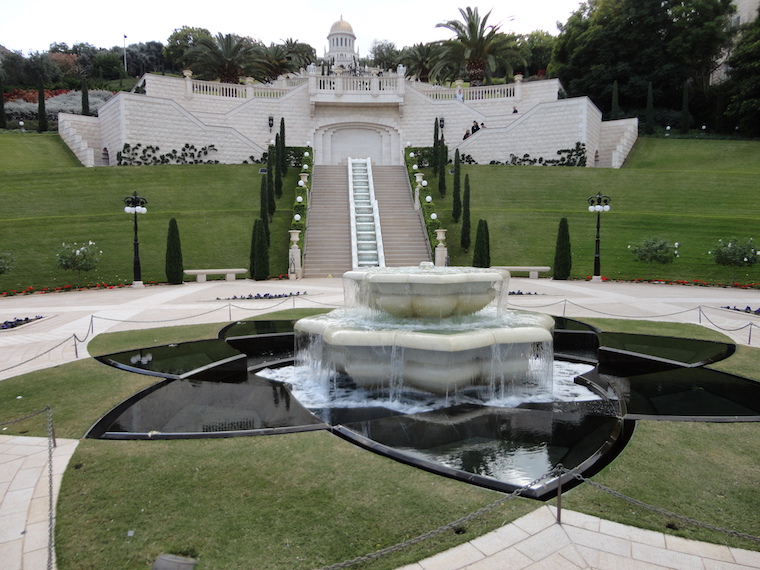-
When Religious People do Bad Things
In a world in which crimes are explicitly committed in the name of religion, a conversation about how best to respond to the problem is a necessity as difficult as it may be. Tragically this was how the 21st century begins. This article seeks to reflect on Bahá’u’lláh’s writings, and the Baha’i teachings more broadly, that bear on this question. Of course as a prophet or messenger of God, Bahá’u’lláh’s writings are grounded in a spiritual view of reality – and are concerned with religion. He foresees the decline of religion and the kind of turmoil that we see in the world today. THE world is in travail, and its agitation waxeth day…
-
To the Rulers of Society: the Summons of the Lord of Hosts
A number of articles have already noted that Bahá’u’lláh wrote to the rulers of society. For example, the Suriy-i-Haykal – the Tablet of the Temple; articles such as the article on justice; Against Persecution of Minorities, and the Sultan’s Puppet Show. Many of these letters are collected in a book entitled The Summons of the Lord of Hosts. There are also a number of passages addressed to governing institutions in Bahá’u’lláh’s Most Holy Book, the Kitab-i-Aqdas. Among Bahá’u’lláh’s letter to the rulers of society is the “Tablet to the Kings” addressed to rulers collectively – while Bahá’u’lláh also wrote individual messages addressed to rulers such as Pope Pius IX, Napoleon…
-
The Resignation of Captain von Goumoens
When the Austrian Captain Alfred von Goumoens obtained a posting as a military attache to Persia, it was the kind of appointment that is the making of a career and the height of adventure. The country was thought of by Europeans as “oriental” and far away. It was a time when European military technology and know-how was in demand in other countries. It was a position of potential influence where he could serve the interests of his country. The Captain was to be Iran during some of the most momentous events of the time. He may have been in Iran when, in 1850, the Bab was executed. Captain von Goumoens…
-
Bahá’u’lláh: Against Persecution of Minorities
In the world as we know it today – and through much of historical time – to be identified by a society as a member of a minority is to be vulnerable. Repeatedly in history we see terrible outbreaks of persecution, violence and oppression against minorities. No part of the world and no culture is exempt. Of course such persecution is rooted in how we think about our fellow human beings. Only when a consciousness of the oneness of humankind truly takes hold will such horrors abate. Thus as we have already explored Bahá’u’lláh frames a new understanding of human relationships. Speaking of all human beings he states; Ye are the fruits of one tree,…
-
A Father’s Dream
Mirza Abbas Buzurg, Bahá’u’lláh’s father, was a prominent minister of the Persian government. In 1817, in the ancient city of Tehran, his wife Khadijah Khanum gave birth to Bahá’u’lláh; their third child. One night, when Bahá’u’lláh was still a child, night Mirza Buzurg had a dream. In the dream he saw his son in an ocean – a vast ocean stretching out in every direction. Bahá’u’lláh’s body was aglow – lighting up all around him. His long black hair was floating on the waves in every direction. A vast number of fish began to gather around him, each fish clinging to the end of one of his hairs. Fascinated by…
-
Beyond Congregational Prayer – O God My God My Beloved My Heart’s Desire
We are so used to the idea that a religious leader stands in front of a congregation delivering a sermon or carrying out religious rituals, that it is difficult to imagine what religion might be without these things. As we have seen previously, Bahá’u’lláh abolishes all forms of clergy in the Baha’i Faith. Among the reforms Bahá’u’lláh introduces is the abolition of all forms of congregational prayer, except in the case of the prayer of the dead. Virtually all religious “ritual” is also abolished. What does religious life look like in the absence of such patterns and institutions? The question implies changes in the life of the individual, community and…
-
The Secret Mission of Sulayman Khan
The terrible news that the Bab was to be executed in Tabriz had reached Bahá’u’lláh in Tehran. He knew just the man for a daring mission to rescue the Bab: Sulayman Khan. Courageous and strong and himself a leading native of Tabriz, if anyone could rescue the Bab, it would be Sulayman Khan. Doors would open to him that would not open to others. The mission had to be carried out in absolute secret and quickly. It was 630 miles to Tabriz and the road there traversed deserts, wilderness and fields before climbing steadily over a mountain pass and then on into the hills in which Tabriz is found. The…
-
Sacrifice
The concept of sacrifice is integral to religion. Like other religious concepts it has undergone transformation over the ages. The concept of sacrifice was integrally connected with religious ritual. For example, animal sacrifices were widespread in ancient times. The practice gave way in Judaism (after destruction of the Temple) and in Christianity and other faiths to new ritual practices. For Christianity, the theme of sacrifice becomes focussed on the cosmic cycle of life, death and rebirth, much as in the ancient Egyptian myth of Isis and Osiris. Of Christ’s sacrifice Bahá’u’lláh writes: Know thou that when the Son of Man yielded up His breath to God, the whole creation wept with a great weeping. By sacrificing…
-
Healing
Healing has a deep connection with the work of the messengers of God. We may, for example, think of the many stories and parables of healing that are recounted in the Gospels. However, while the healing of the individual – physical or spiritual – can be involved, it goes far beyond that. The individual can only truly be whole and healed when society itself is in a condition of well-being. Healing is so integral to Bahá’u’lláh’s mission that he uses the metaphor of “Divine Physician” to convey insights into the process he is unfolding. Thus he writes: We can well perceive how the whole human race is encompassed with great,…

